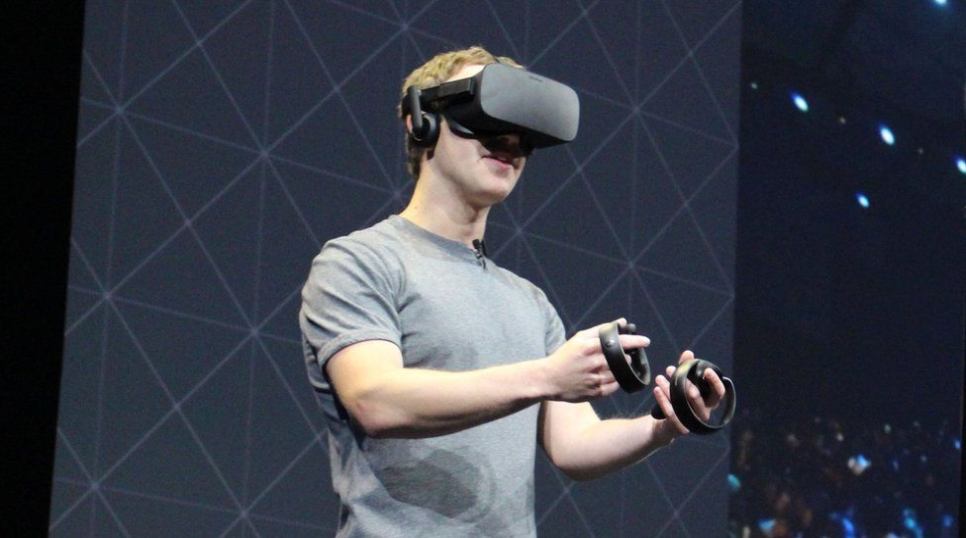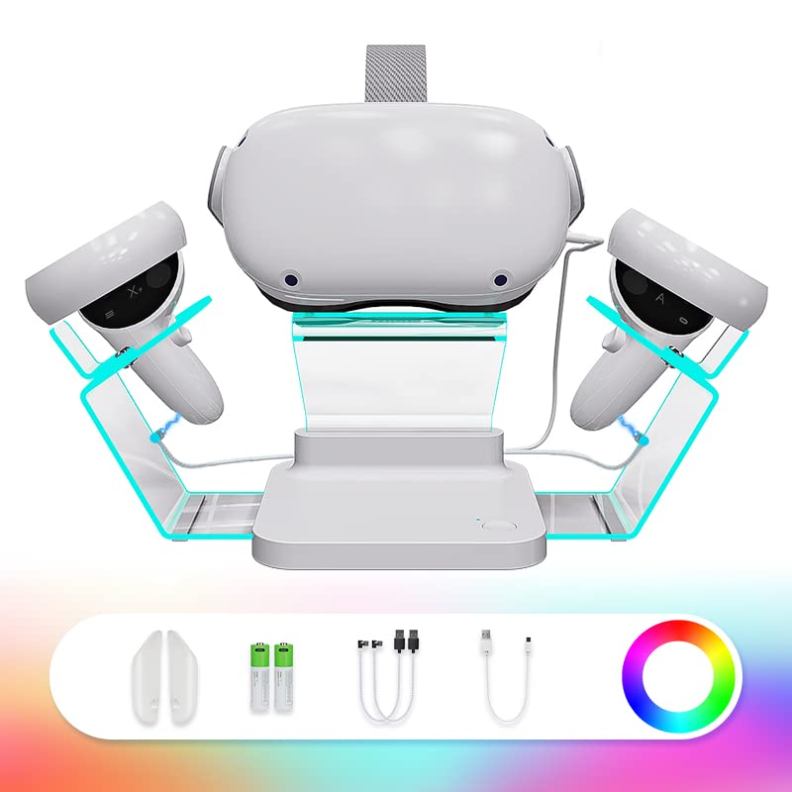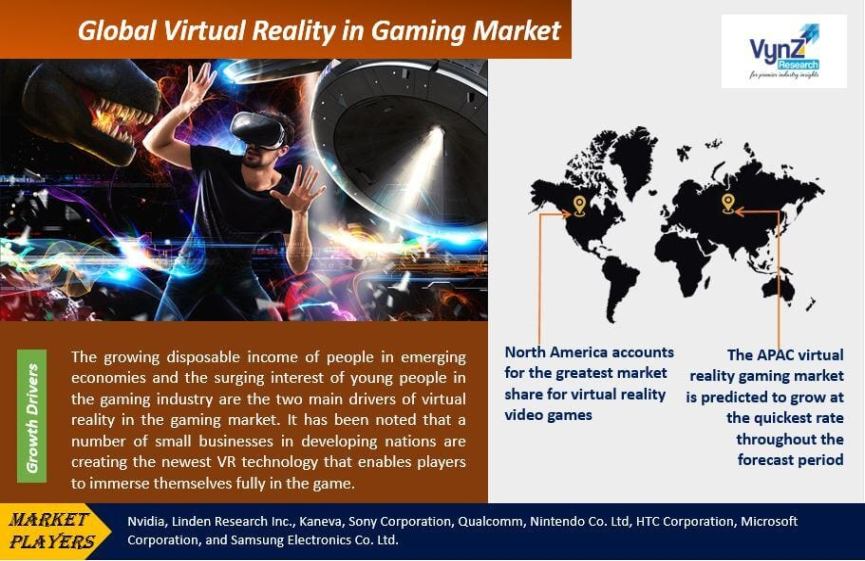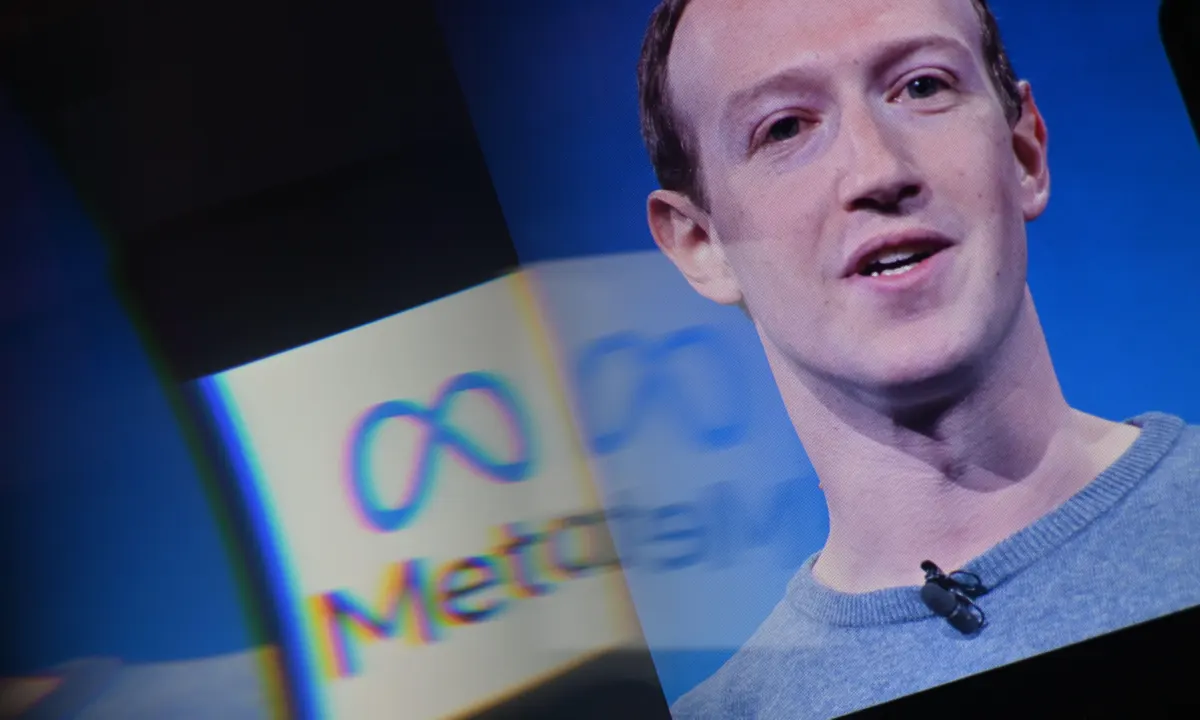Facebook has been making waves with its ambitious venture into the virtual reality (VR) market through Oculus VR. Since acquiring Oculus in 2014, Facebook has been striving to establish itself as a major player in this burgeoning industry. This article explores the intricacies of Facebook’s Oculus VR business and what it means for the future of virtual reality.
Acquisition and Initial Steps
The acquisition of Oculus by Facebook in 2014 for approximately $2 billion signaled the tech giant’s serious commitment to the VR space. Oculus, known for its groundbreaking Oculus Rift headset, was already a significant name in the VR community. With Facebook’s resources, the potential for innovation seemed limitless.

Mark Zuckerberg, Facebook’s CEO, expressed his vision of VR becoming the next major computing platform. He emphasized the potential for VR to change the way we interact with each other, play games, and experience media. This vision was not just about gaming; it was about creating a new social platform where people could connect in immersive environments.
To make this vision a reality, Facebook invested heavily in the Oculus team, bringing in top talent from both tech and creative industries. This infusion of expertise was aimed at accelerating the development of VR technologies and ensuring that Oculus maintained its competitive edge in the market. The integration of Facebook’s social networking capabilities with Oculus’ VR technology was seen as a game-changer, promising to revolutionize how people connect and share experiences online.
Product Development and Innovation
Post-acquisition, Oculus continued to develop its flagship product, the Oculus Rift. The company also introduced other VR headsets, including the Oculus Go, Oculus Quest, and Oculus Quest 2. Each new product iteration brought improvements in terms of performance, user experience, and affordability.

The Oculus Quest 2, launched in 2020, received widespread acclaim for its wireless design, high-resolution display, and ease of use. It marked a significant step forward in making VR accessible to a broader audience. The device’s affordability compared to previous models also helped boost its popularity.
Oculus has also been focusing on software development to enhance the VR experience. The Oculus Store offers a wide range of apps and games, catering to various interests and preferences. The introduction of Oculus Link allowed users to connect their Oculus Quest to a PC, unlocking the power of PC VR gaming on a standalone device.
Beyond hardware, Oculus has been pioneering advancements in VR software and content. The Oculus Development Kit has empowered developers to create innovative VR experiences, ranging from immersive video games to educational simulations and virtual tourism. The company has also been collaborating with content creators and media companies to bring exclusive VR content to its platform, further enriching the user experience.
Challenges and Controversies
Despite its successes, Facebook’s Oculus VR business has faced several challenges. One major issue has been privacy concerns. Facebook’s history with data privacy has made some users wary of adopting Oculus products. The requirement for a Facebook account to use Oculus devices has also been a point of contention among users.
Another challenge has been competition. Several tech giants, including Sony, HTC, and Microsoft, have their own VR offerings. These companies have been vying for market share, leading to a highly competitive landscape. Each competitor brings unique strengths and innovations, making it a dynamic and rapidly evolving market.

Additionally, the VR market itself is still in its nascent stages. While there has been significant growth, VR has yet to achieve mainstream adoption. The cost of high-quality VR devices and the need for powerful hardware have been barriers for some potential users. Content development is another critical factor, as the success of VR hinges on the availability of compelling and diverse experiences.
The controversies have not been limited to privacy and competition alone. There have been concerns about the physical and psychological effects of prolonged VR use. Issues such as motion sickness, eye strain, and the potential for addiction have been topics of discussion among health experts. Facebook has acknowledged these concerns and has been working on implementing features and guidelines to mitigate these risks, promoting responsible VR usage.
Future Prospects
Looking ahead, Facebook is optimistic about the future of its Oculus VR business. The company continues to invest heavily in research and development, aiming to push the boundaries of what VR can achieve. There are plans to integrate more social features into VR, aligning with Facebook’s core mission of connecting people.
One exciting area of development is augmented reality (AR). Facebook has hinted at its interest in AR, which could complement its VR efforts. AR has the potential to bring immersive experiences into the real world, creating new opportunities for interaction and engagement.
Moreover, the ongoing advancements in technology are expected to drive the growth of VR. Improvements in graphics, processing power, and user interfaces will enhance the overall experience. As VR becomes more accessible and affordable, it is likely to attract a wider audience and find new applications beyond gaming and entertainment.
Facebook is also exploring the potential of VR for professional and educational purposes. Virtual workspaces and collaboration tools are being developed to facilitate remote work and learning, making VR a valuable tool in the modern digital landscape. The integration of VR with artificial intelligence (AI) and machine learning (ML) could further enhance its capabilities, offering personalized and adaptive experiences for users.
Conclusion
Facebook’s journey with Oculus VR has been marked by significant achievements and challenges. The company’s commitment to innovation and its vision for the future of VR highlight the potential of this technology. As the VR market continues to evolve, it will be fascinating to see how Facebook and Oculus navigate the opportunities and obstacles ahead.
The future of VR is bright, and Facebook’s Oculus is poised to be at the forefront of this technological revolution. With continued investment in research, development, and content creation, Oculus is well-positioned to shape the future of how we interact with digital worlds. As VR technology matures and becomes more integrated into our daily lives, it has the potential to transform industries, redefine social interactions, and open up new realms of possibilities for users around the globe.










